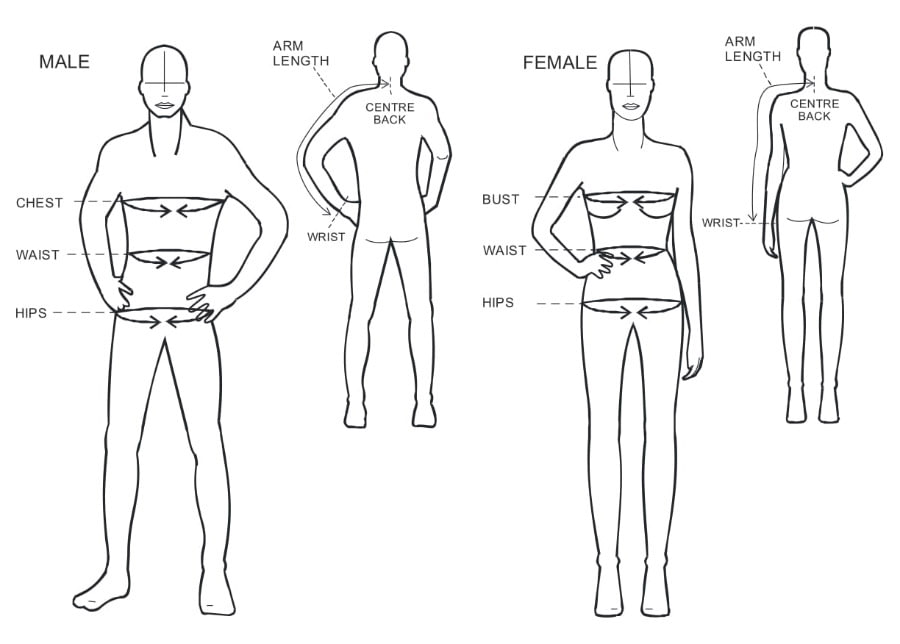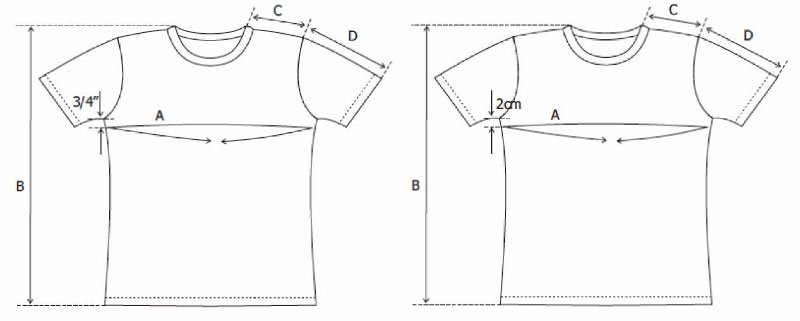I have written before in these blogs about the entrepreneuring experience, at least that experience as seen through my eyes. These days, when everyone and his brother or sister wants to do a start-up, it is a topic that resonates with readers so I am going to amplify on my prior thoughts a bit more.
A Mini-Start-Up
The topic catalyst for this effort is the recent introduction of our new line of qiviut accessories that, in many ways, was a mini-start-up of its own. Unlike most new fashion brands, more than just a new label we are really pioneering a new fashion category. This means we start at the ultimate source: the natural qiviut fibre. In addition, when we are talking about head and neck warmers the manufacturing process is quite a bit different than it was for our flagship debut garment, The Qiviut Jacket.
Therefore, while we already had the guts of our brand in place (the name, logo, business model, legal requirements, fulfilment and a nascent marketing effort), the development process from raw fibre to finished goods was, essentially, all new and different. So, with this mini-start-up effort fresh in mind, it is a good time to provide some additional thoughts on the entrepreneurial journey.
Why Listen to Me?
First, some background and qualifications. I guess I have spent the better part of my life observing the entrepreneurial process. My father was an entrepreneur in his twenties and the concept of being your own boss was clear to me at a very early age. Since forsaking the practice of law when I turned 30 I have been a lifetime entrepreneur involved in a half dozen start-ups of varying sizes and degrees of success/failure, not counting this current one. Along the way I noticed that entrepreneurs, myself included, tend to take the measure of other entrepreneurs with whom they interact more so than managers or other employees might in relation to their peers.
Accordingly, over the years I have concluded that most entrepreneurs share certain similar traits which I offer here as general guidance for anyone who aspires to strike out on his or her own and wonder if they have what it takes. That said, entrepreneuring is certainly not a one size fits all endeavour so my observations are most definitely not the last word on what works. They do, however and in my experience, have a certain commonality to support them as more than just aberrations and I think ring true for most SME start-ups.
Square Pegs/Round Holes
The most consistent characteristic of entrepreneurs is that they tend to be misfits, loners, square pegs in round holes. Whatever the appellation, the best entrepreneurs tend to be cut from a different cloth than the mainstream employee. It is not uncommon for them to have had a stormy employment career before striking out on their own. Thomas Watson was fired from NCR before founding IBM. More commonly today, the storm may occur even before employment begins. Bill Gates and Mark Zuckerberg are the poster boys for college dropouts with Richard Branson not very far behind in the educational/early career misfit category.
But here is the real point: whenever the plunge occurs, the urge to be different and do their own thing is the primary motivating factor for entrepreneurs. It is not money. Money is merely the by-product of entrepreneurial effort but not the reason for it.

What Are The Odds?
Another very common entrepreneurial characteristic relates to risk. Contrary to popular belief, entrepreneurs are not big risk takers. While certainly not adverse to risk, entrepreneurs usually take what they perceive to be calculated risks, most often betting on their own skills and capabilities.

However, there are two qualifications to this observation: 1) Those with the biggest fire in their bellies will take the biggest risks, quit their day job, mortgage the house, raid their retirement fund. All of these can and do occur among those who have the greatest amount of self-belief. 2) In the current economic environment when so much risk capital is available on the investor side, risk can be much more easily distributed beyond just the entrepreneur him or herself. Gone are the days when personal loan guarantees and second mortgages were the most common sources of seed funding for start-ups. These are still sources for some but crowdfunding, angel networks, incubators and accelerators along with government grants have vastly changed the fundraising landscape and the degree of founder risk along with it.
Entrepreneuring Begins At Home
A less apparent attribute for entrepreneurs is a successful home life or equivalent nurturing network. While by no means a universal trait, it is my observation that the entrepreneurs with the best chance of success are those with supportive spouses, significant others, family or even friends who can provide stability and contentment to balance the stress and insecurities of running your own company. Yes, there are lone wolves who are seemingly totally self-reliant but these are few and far between. It is lonely at the top and an outlet for companionship is needed.
A Place For Everything And Everything In Its Place

There are two absolutely vital characteristics that make for successful entrepreneurs, in my opinion: organisation and tenacity. I have never met a successful entrepreneur who was not well organised, at least in their own way. There are simply too many things happening at once in a start-up for a venture to survive without an organised founder (or an organised someone helping that founder). To be sure, organisational systems and techniques may differ from entrepreneur to entrepreneur but whatever the system, it works for that individual and without it he or she would be lost.
Never Quit
However, organisation does not, by itself, overcome adversity. I have said this before but it bears repeating. Successful entrepreneurs will possess a courage of conviction and singleness of purpose to persevere when all seems lost. In the face of a multitude of nay-sayers, the best entrepreneurs will still believe in what their gut tells them and continue on to eventual success. In so doing, they are able to walk the very fine line between pig headedness and tenacity and recognise the difference between the two.
OK, That Didn’t Work. What’s Next?
My final observation about entrepreneurial traits concerns failure. Even the most adamant entrepreneur may be overcome by events or circumstances beyond his or her control. Most of the best minds on the planet did not anticipate the financial crash of 2008. Your business infrastructure could be wiped out by a natural disaster. A family disruption might intervene. Or no matter how well your great idea was executed it was just ahead of its time. These things happen and the best entrepreneurs accept them pragmatically. In fact, many investors like to see an entrepreneur with a failure or two on the record in the belief that he or she will know what not to do this time. And again, the wider distribution of risk make the consequences of failure less financially traumatic for many founders.
If you want to stay in the start-up game after a less than successful effort the important thing is to banish self-doubt because that is the kiss of death for future success. As legendary American football coach Vince Lombardi once said,”We didn’t lose any games last season, we just ran out of time twice.” This is the entrepreneur’s attitude. Success is important but just attempting is its own reward. Next time, it will be different.
Is this an exhaustive list for successful entrepreneuring traits? Not by a long shot. But for those who have the itch, if it provides a reason for some introspection and self-analysis it will have been worth the read.







Follow us